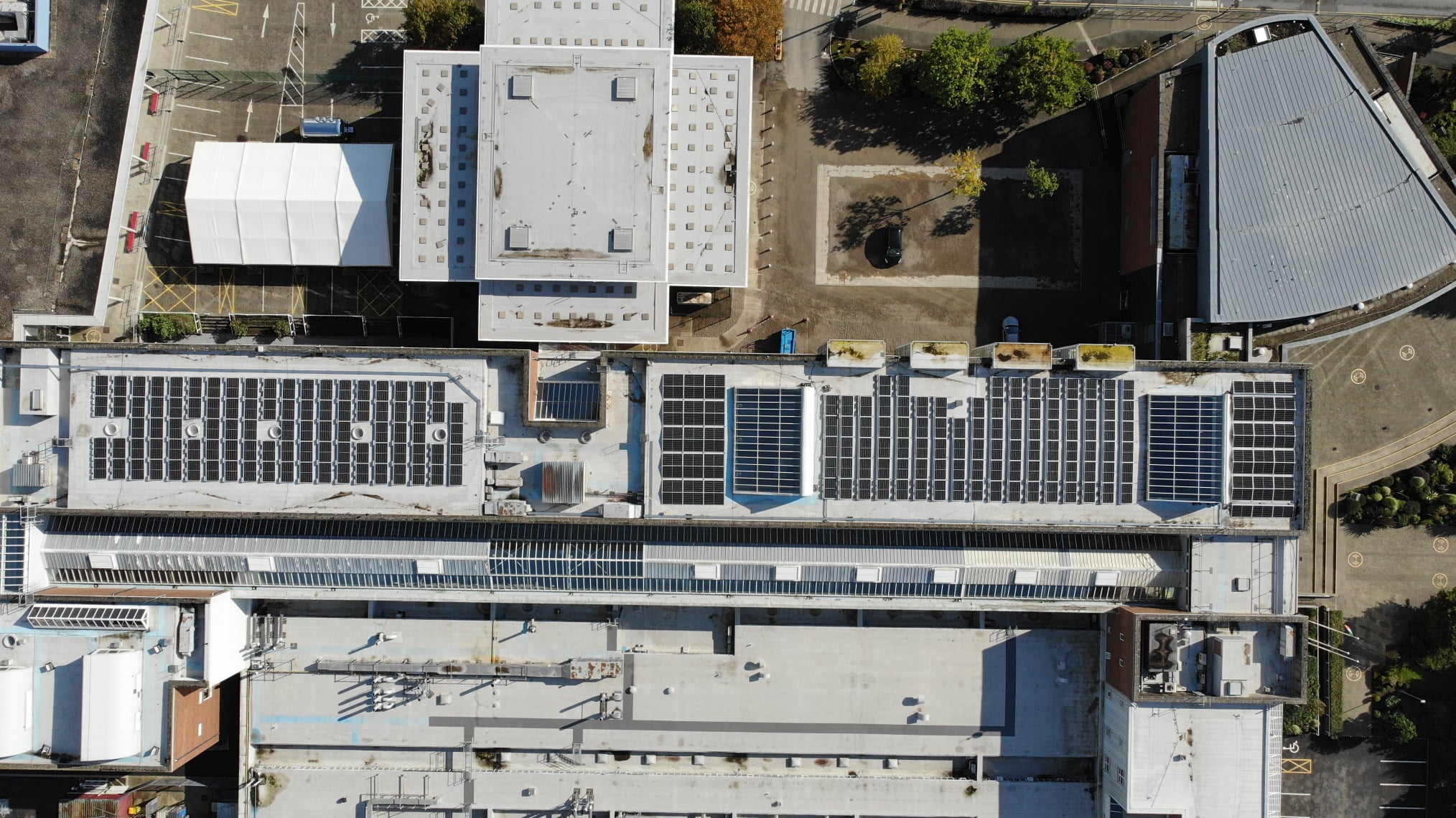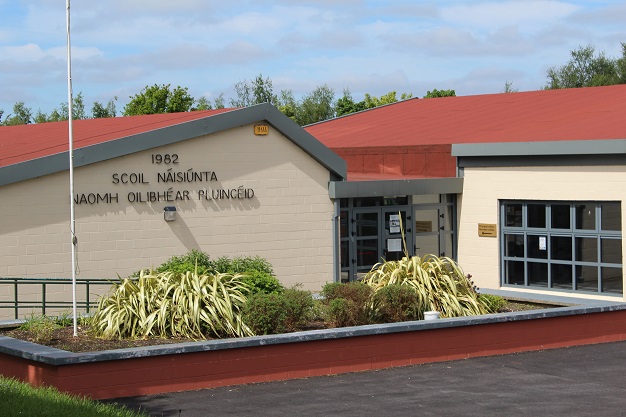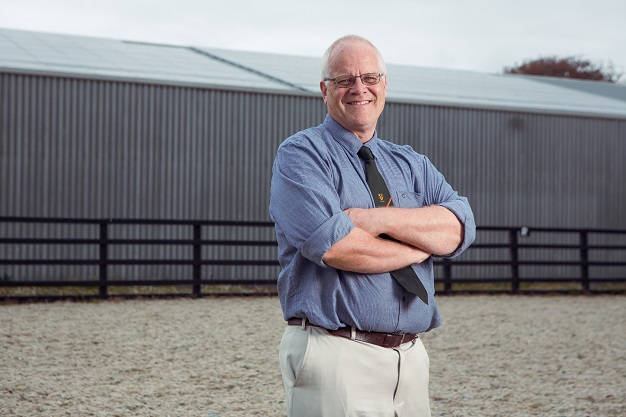About DASBE 
A hub for the upskilling, capacity building & education in the building sector on green construction, circular economy & digital skills.
LIT is leading a consortium of Higher Education Institutes and industry partners to address the education and training skills gaps within the built environment.
The Digital Academy for Sustainable Built Environment (DASBE) project, funded under the HEA Human Capital Initiative (HCI) will address the significant changes in the sector as a result of EU and national policies, regulations, green construction, circular economy and digital skills.
The project provides rapid design, development and deployment of education and training programmes to construction workers and professionals using a wide variety of on-line, blended and face to face approaches. It will focus on provision of programmes which are flexible and responsive to the needs of the building sector.
The DASBE platform will focus initially on existing programmes, available in the partner institutions, while also using resources from on-ongoing R&D projects e.g. BIM Cert, BIMZeED, Construction Blueprint etc.
Objectives and aims of the project:
- Provide a Digital Platform to enable learners to undertake programmes ranging from micro-accreditation (including digital badges), special purpose awards (Certificates), and minor and major awards focusing on specific topics and requirements in the sector.
- Provide programmes from Level 6 to Level 9 on the National Framework of Qualifications.
- Enable partners to collaborate on the provision of innovative and integrated programmes, building on best practice from across their organisations.
- To build on partner’s previous work, utilise capacity and synergies between past and ongoing research work.
- Enable access to international research drawn from DASBE network of international collaborators e.g. European Heat Pump Association, World Green Building Council – European Regional Network.
Funding
Total Project Budget: c. € 7,503,106.00
Duration
60 months (November 2020 – October 2025)
Partners
- Limerick Institute of Technology
- Athlone Institute of Technology
- Galway Mayo Institute of Technology
- Tipperary Energy Agency
- Irish Green Building Council (IGBC)
Project Social Media






